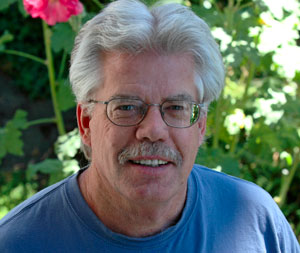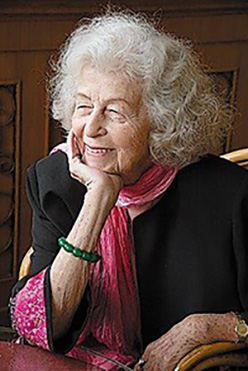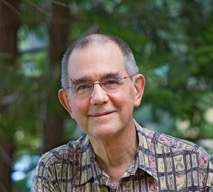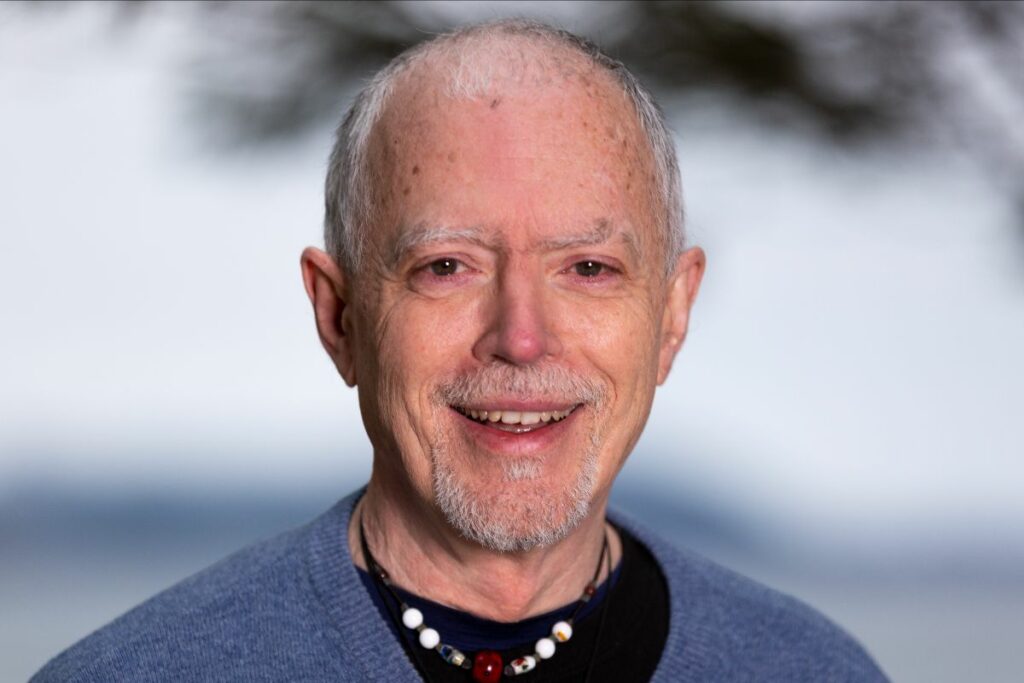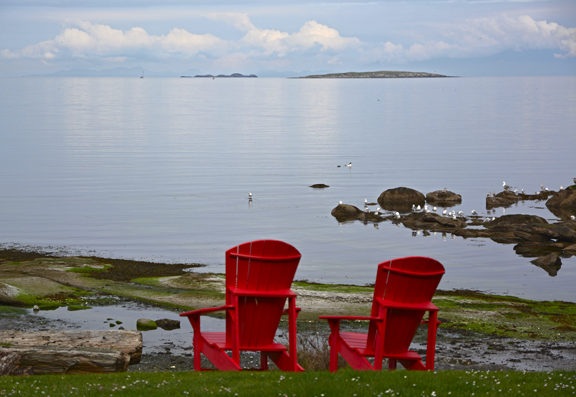The Spirit Journal – New in 2012
Following is an interview/article written by Ian Curtin, one of our talented ‘Come Alive’ leaders, with Ellery Littleton, poet and novelist, who has been offering intensive journal-writing programs at The Haven for 20 years. The Haven will be offering Ellery’s new workshop – The Spirit Journal – an “intensive inner-active writing program” – May 4–6 and October 26–28 2012.
Ian: The Spirit Journal sounds like an interesting new direction for your journaling workshops.
Ellery: I certainly hope so. I’ve selected some of the exercises and techniques I have found to be most consistently effective over the years and combined them with some fresh material into a new “package,” so to speak. I’m excited about it; it has been fun to create and will be fun to experience, I think.
Ian: I gather you’re going to be providing a manual or workbook to participants, which is also something new.
Ellery: I’ve designed a workbook which will be given to each participant to keep and use during and after the program. Something tangible to stimulate memory, creativity and future writing.
Ian: Talk a little bit about what the program will entail. What will people actually be doing?
Ellery: Well, lots of writing, of course, along with listening and sharing, thinking and feeling. The Spirit Journal is part journaling workshop, part story circle, which takes place in a supportive, non-judgmental atmosphere. This helps dispel the fear of writing, which so many people carry – old baggage, a result of early conditioning. And the exercises quickly lead you to exploring your life and your most important experiences in a new and vivid way. There are plenty of opportunities for sharing, but privacy is always respected, and is an important aspect of the workshop.
Intensive journal-writing is a remarkably effective process to aid in the pursuit of self-awareness. It was created by psychiatrist Ira Progoff, and has been described as the most effective psychological self-care program ever devised.
Ian: I’m a big fan of journaling; it has helped me bring discipline to my self-reflection.
Ellery: The comment about intensive journaling’s effectiveness reflects what I have experienced myself in Progoff’s workshops, what I have observed over the years in my programs. An expansion of awareness is achieved through deep inwardly-focused personal work and can lead to some profound insights. Who am I? What am I meant do in this life? What are my gifts? What are my shadows? These are some of the key issues addressed in the course of the program
Ian: As I remember it, your workshop is quite structured.
Ellery: Yes, it is. People find the structure gives impetus to their creativity, providing both security and freedom. It’s presented in a series of multi-layered, inter-related writing exercises, including some guided meditations, over the course of several days or a weekend. To quote Progoff: “To become a valuable tool of psychological self-care, a journal needs a design that will help you answer the question ‘What is my life trying to become?’
The process is designed to help people tap into the underground stream of their interior lives to work out their beliefs, find answers to problems and deeper meaning in their existence. It’s a highly useful, practical method. And I like Progoff’s idea of helping people to let go of the habit of constantly judging and diagnosing themselves and others, and look at things objectively as they are. The workshops provide a place where you can sit quietly to let the muddy waters of life settle and clarify themselves.
Ian: It’s really quite a reflective approach, almost like meditation.
Ellery: I think many people feel a craving for a quiet space where they can have some uninterrupted contemplative time. It doesn’t take long for you to connect with your creativity and feel the enlivening energy that writing about personal experiences can engender. The process helps you sort out your life, find some perspective and connect with the intuitive inner self, a wonderful source of wisdom and truth.
Ian: The words “spirit” or “spiritual” can be a little bothersome for some people. What do they mean to you, in the context of the program?
Ellery: The word “spiritual” in this context refers not only to the search for meaning, but also to a sense of connection with something greater than ourselves. It is not attached or restricted to any particular teaching, belief or religion. The atmosphere of meditative silence provides an environment which helps people search deep within themselves and tune into a larger awareness. “At deep levels within us, we know more than we are aware of,” Progoff said. “The process draws people fully into their own life story.”
Ian: Lots of big profound words here … awareness, intuition, wisdom, truth, meditation.
Ellery: (laughs) And your point is? Well … yeah … good words though. Words that describe a process that enables you to recognize how your life has been carrying you toward a more profound knowledge, even though you may not have been consciously aware of it; words that describe how you can see the many changes and uncertainties in the cycles of your life and identify the thread of integrity that has been seeking to establish itself within you.

